Portimão is "weak" in the Local Governance Quality Index, according to a study presented this Tuesday by Francisco Manuel dos Santos Foundation, which evaluated the performance of all the country's municipalities, in parameters such as the Rule of Law and Corruption Prevention, Market Access and Regulation, Government Effectiveness, Political Stability and Citizens' Voice and Accountability.
To carry out this study, the Francisco Manuel dos Santos Foundation compiled data between 2013 and 2017, and, in relation to the financial information of municipalities, the most recent data date back to 2016.
On the other hand, electoral data, namely with regard to participation in the scrutiny, or in the composition of local governments, refer to the 2013 Local Elections. They are, therefore, data with some delay, in certain cases.
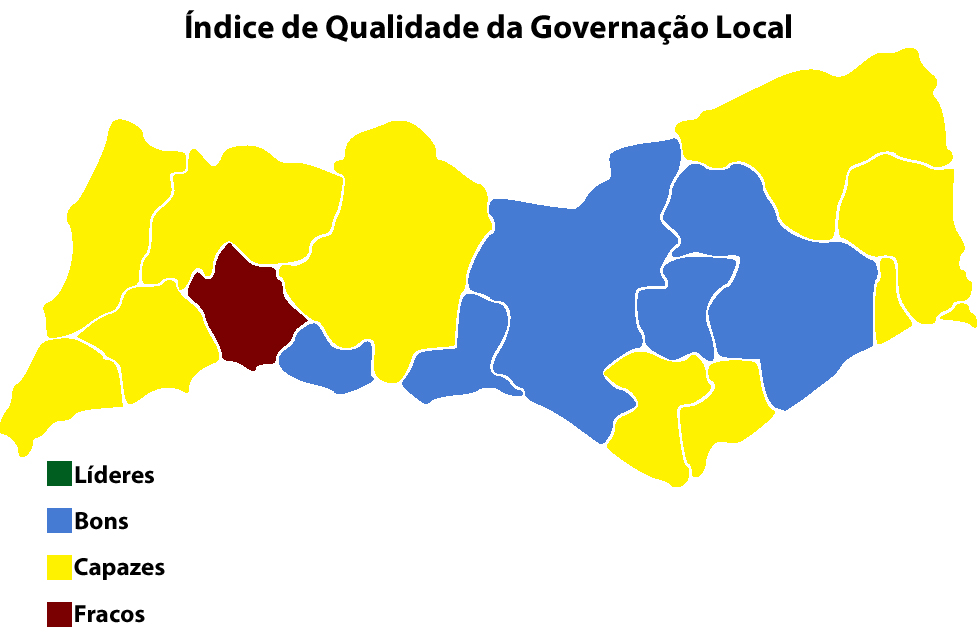
According to the study, the municipality of Portimão is the one that, in the Algarve, summing up all the indicators, is considered “weak” in terms of local governance. Albufeira, Lagoa, Loulé, São Brás de Alportel and Tavira are considered “good” municipalities and the rest of the region are classified as “capable”.
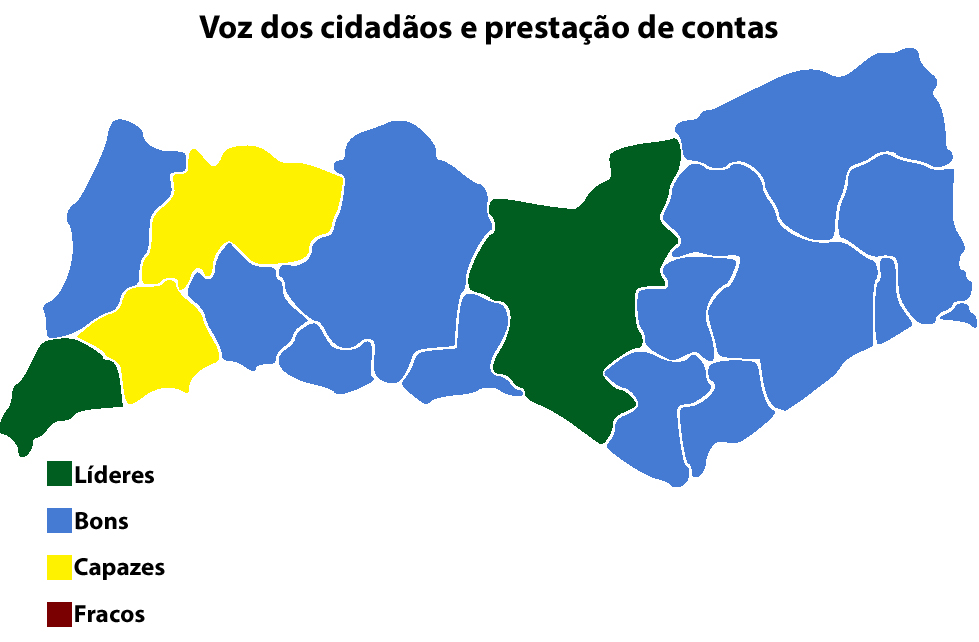
In the Voice of Citizens and Accountability indicator, the study assessed criteria such as participation in Municipal Assemblies, the existence and value applied to the Participatory Budget, accountability and transparency. In this parameter, Loulé and Vila do Bispo stand out in the Algarve, being considered “leaders”. Monchique and Lagos, on the other hand, are considered only “capable” while the other municipalities are classified as “good”.
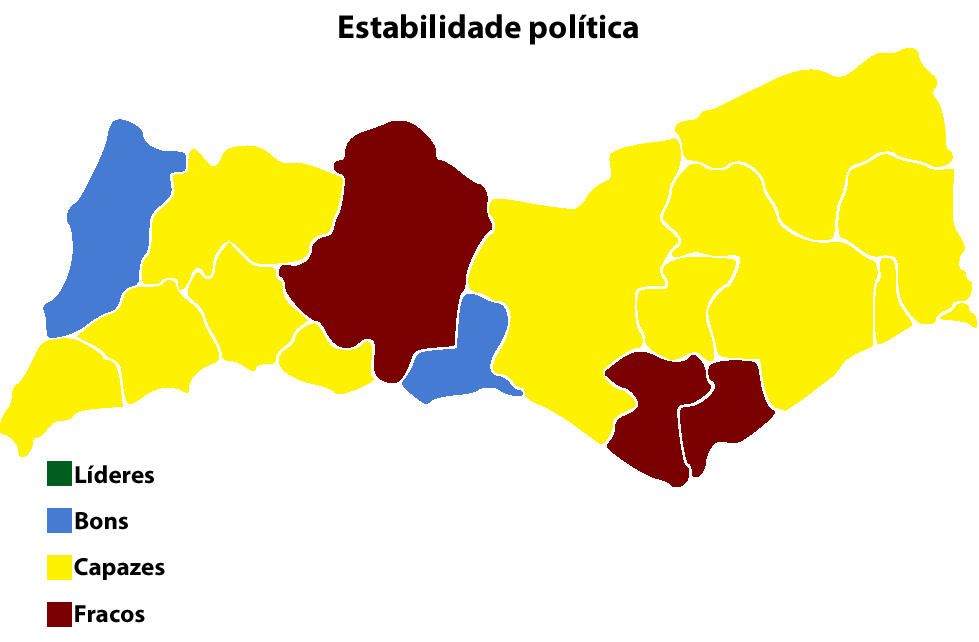
In terms of Political Stability, which assesses political legitimacy, the political strength of decisions, pluralism in decision-making and the continuity of policies, Silves, Faro and Olhão stand out in the negative, obtaining the classification of «weak». Aljezur and Albufeira are the two municipalities with a positive rating (good), while the remaining municipalities in the Algarve are considered only “capable”, in this indicator.
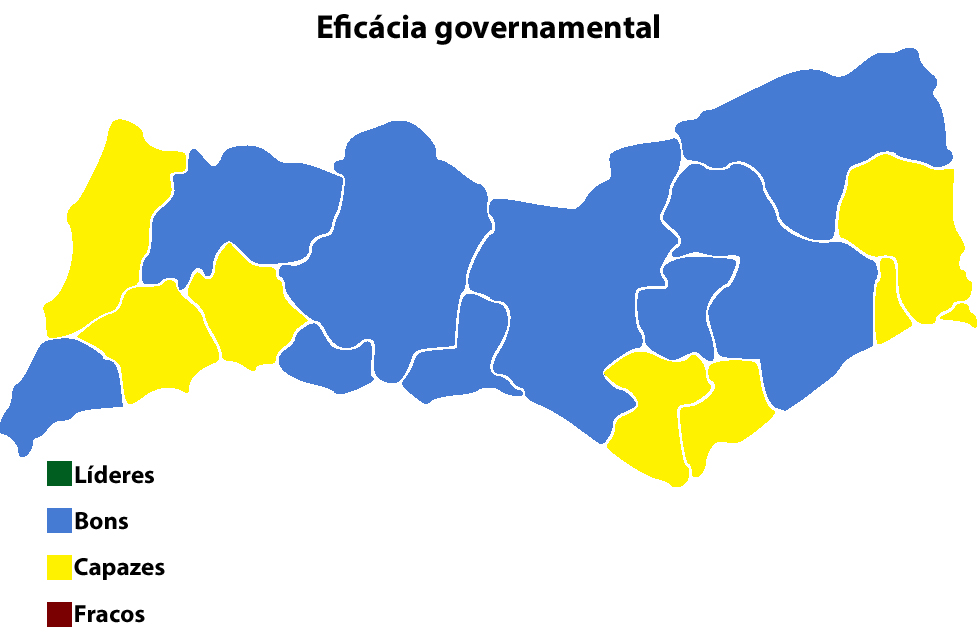
In the Government Effectiveness parameter, namely in terms of debt management, policy credibility, the quality of services such as water and sewage, but also social, cultural, education, sports and recreational facilities, no municipality in the Algarve is "leader". but none is "weak". Vila do Bispo, Monchique, Lagoa, Silves, Albufeira, Loulé, São Brás de Alportel, Tavira and Alcoutim are considered "good", while Aljezur, Lagos, Portimão, Faro, Olhão, Castro Marim and Vila Real de Santo António are «capable».
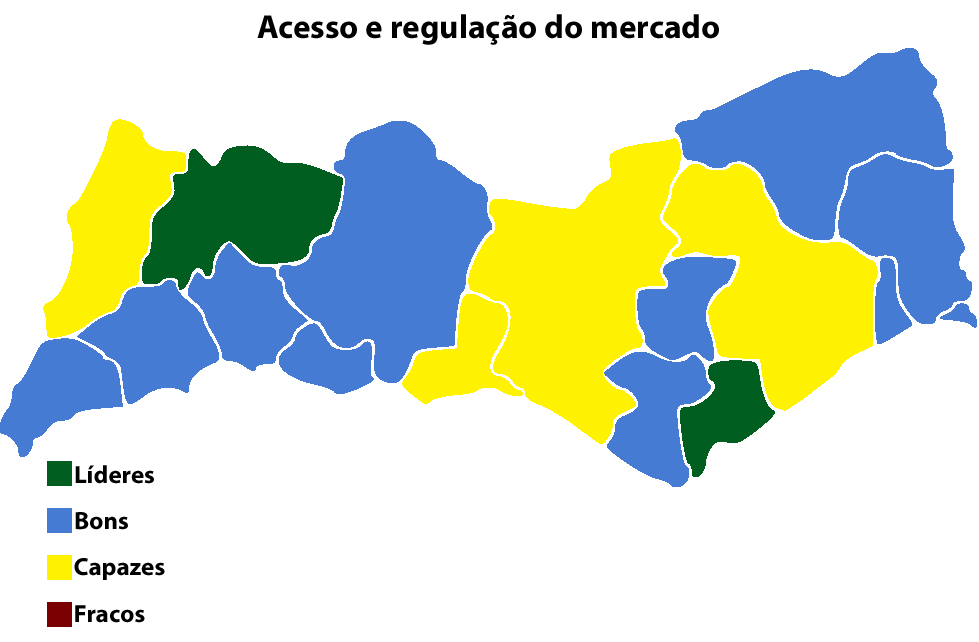
Another factor evaluated was the role of municipalities in accessing and regulating the market, which takes into account the degree of competitiveness of municipal contracts, the tariffs charged by municipal services, and the municipality's tax burden. In this parameter, Monchique and Olhão stand out as «leaders», while Vila do Bispo, Lagos, Portimão, Lagoa, Silves, Faro, São Brás de Alportel, Alcoutim, Castro Marim and Vila Real de Santo António are considered “good”. Aljezur, Loulé, Albufeira and Tavira are «capable».
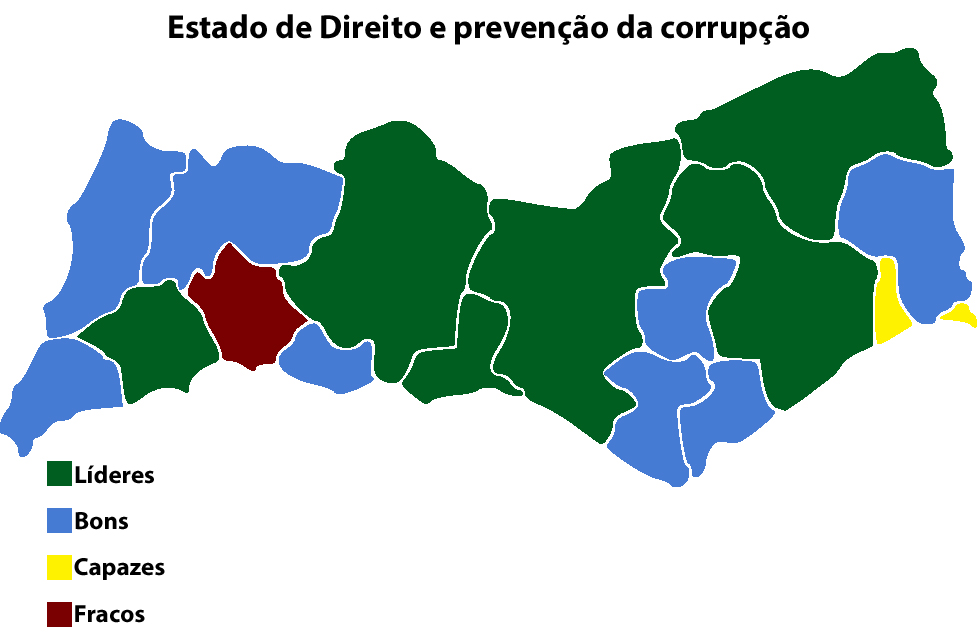
In the last parameter of this study, Rule of Law and Corruption Prevention, the Algarve has six councils that are “leaders” and one that is “weak”.
Portimão stood out in the negative, while Lagos, Silves, Albufeira, Loulé, Tavira and Alcoutim obtained the maximum classification. The remaining municipalities, with the exception of Vila Real de Santo António (capable), are considered good in this parameter.
In this category, indicators such as the average term for payments for services, material and equipment (in 2015 and 2016), the preference for competitive and transparent procedures in public procurement (data between 2013 and 2016), the quality of municipal public contracts ( 2013-2016), duly scrutinized by the Court of Auditors and the volume of complaints submitted to the Ombudsman by citizens concerning the municipality and its entities (2012-2015).
Click here to access the Foundation's website Francisco Manuel dos Santos, where you can download the study in its entirety.
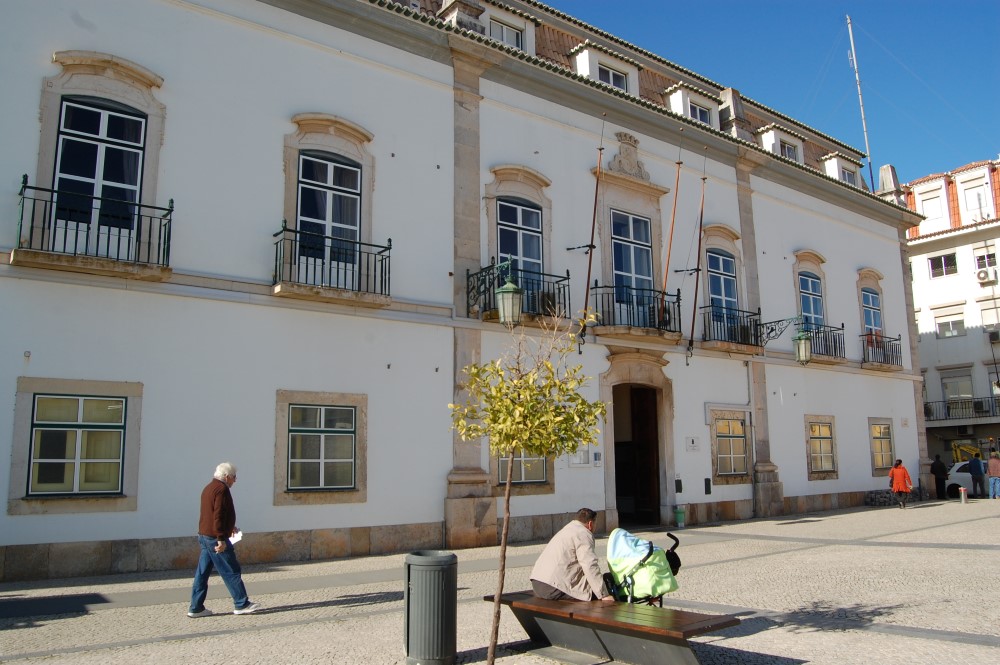
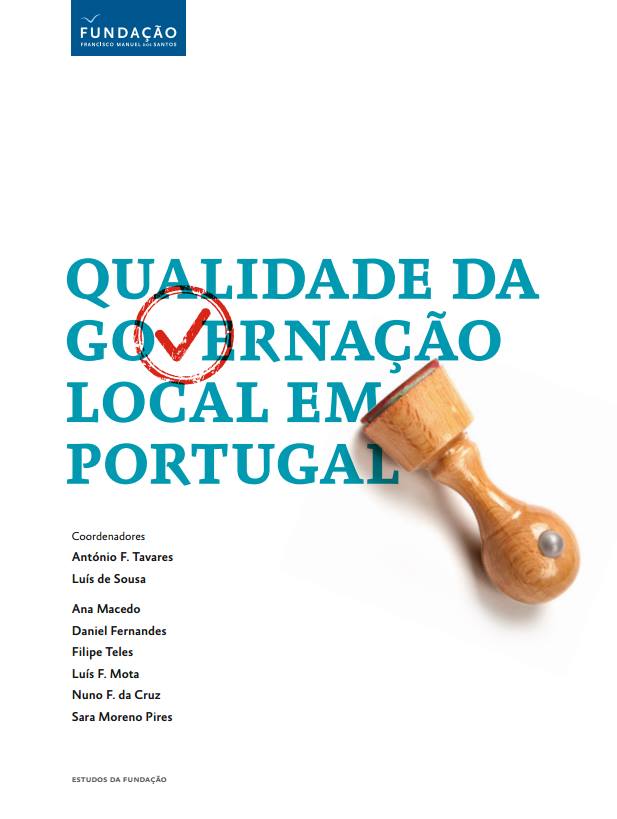


















Comments